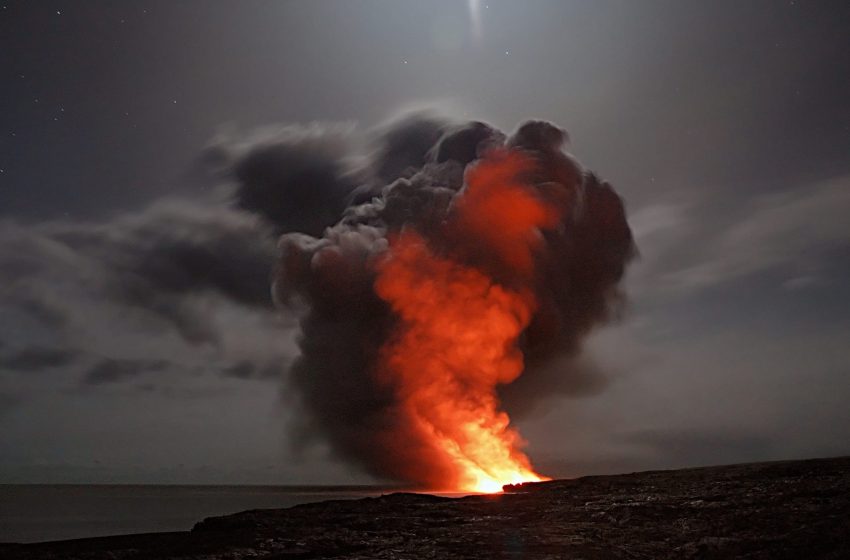It is not news that the ongoing conflict between Moscow and Ukraine has caused devasting disruptions to the recovery of the global economy. But many are unfamiliar with how bad the damages are in numbers.
Now with the unverified threat of nuclear bombing by Moscow after claims of revealed evidence of the US and UK’s support of Ukraine, critics and economists alike have expressed fear of a world war and irreversible damage to the already shaky global economy.
The economy in most parts of the world had steady statistics and great promise till the covid-19 pandemic. As many countries tried to revive their economy from the devastating impacts of the pandemic, the Russian-Ukraine war shoved all of the prospects down the drain, forcing millions of people around the world into poverty.
A report by the United Nations Development Programme (UNDP) in July 2022, shared that about 71 million people worldwide are experiencing poverty due to soaring food and energy prices driven by Russia’s invasion of Ukraine, a number that is sharply on the rise daily.
The report was based on the analysis of 159 developing countries, and it showed that the surge in crucial commodity prices was affecting not just the economic growth forecast for these countries, but also affecting women and children.
The report also focused on addressing the cost of living crisis in developing countries. It estimated that 51.6 million more people fell into poverty in the first three months after the war, living off $1.90 a day or less. This pushed the total number globally at this threshold to 9% of the world’s population. An additional 20 million people slipped to the poverty line of $3.20 a day.
Among those countries likely facing high poverty impacts across all poverty lines are Armenia and Uzbekistan in the Caspian Basin; Burkina Faso, Ghana, Kenya, Rwanda, and Sudan in Africa; Haiti in Latin America; and Pakistan and Sri Lanka in South Asia, the report noted.
How Is the War Affecting Food and Energy Supply?
Before the war began on February 24, 2022, Russia was the world’s largest and second-biggest exporter of natural gas and crude oil. Russia and Ukraine together accounted for almost a quarter of global wheat exports, 14 percent of corn exports, and more than half of sunflower oil exports.

With Ukraine’s ports blocked, exporting grains to low-income countries stopped, further driving up prices, and pushing tens of millions into poverty and economic crisis.
Sanctions on Russia’s gas also meant a rise in energy prices and heavy demands on other oil-producing countries, especially in Africa. The UNDP report said more than two-thirds of the 166.8 percent increase in natural gas over the 12 months, was recorded since the start of the war.
What Is The Solution?
Achim Steiner, the administrator for UNDP has asked for the global community to collaborate to combat poverty, adding that there was enough wealth in the world to manage the crisis, “but our ability to act in unison and rapidly is a constraint”.
The UNDP recommended that “targeted and time-bound cash transfers are the most effective policy tool to address the impacts.”
Steiner said doing so was not only an act of charity but also “an act of rational self-interest” to avoid other complex trends, such as the economic collapse in countries and popular protests already taking place in communities across the world.
“This cost-of-living crisis is tipping millions of people into poverty and even starvation at breath-taking speed,” Steiner said.

